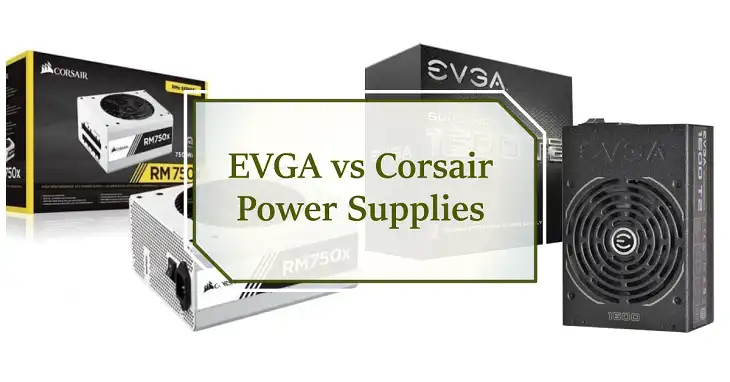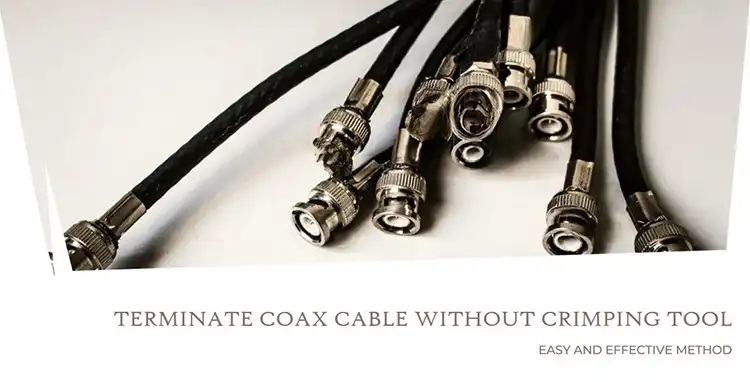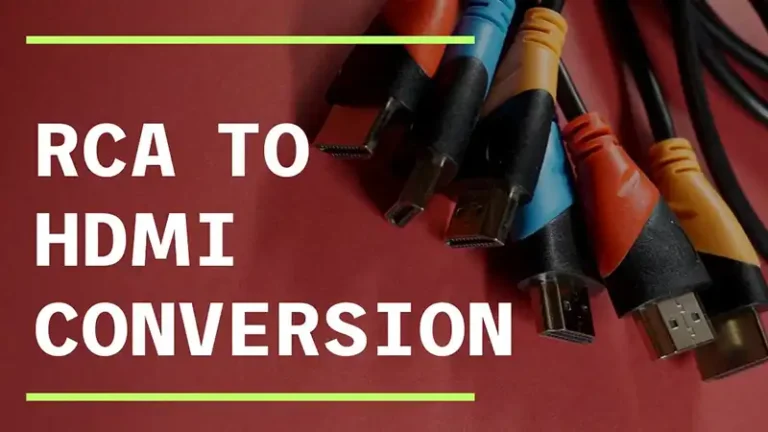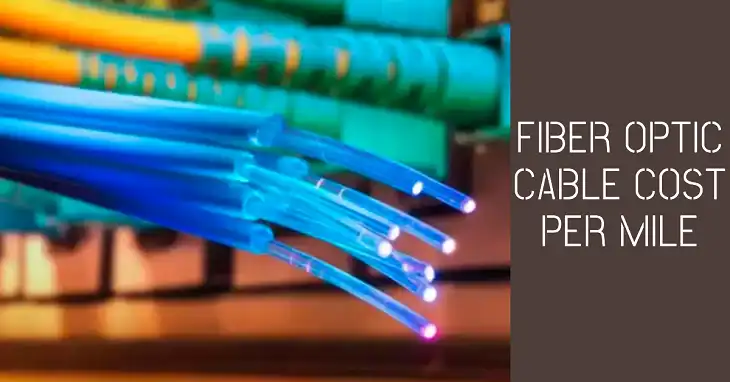EVGA vs Corsair Power Supplies: Which One Should You Choose?

When it comes to building a PC, selecting a reliable power supply unit (PSU) is critical for ensuring stability and longevity for your system. Two of the most respected brands in the PSU market are EVGA and Corsair. Both offer a wide range of power supplies, from entry-level to premium models, with various efficiency ratings and wattages. This comparison will dive deep into the pros and cons of each brand’s PSUs, helping you make an informed decision based on performance, efficiency, and reliability.
EVGA Power Supplies
EVGA is a well-known name in the gaming and enthusiast community, primarily for their graphics cards, but their power supplies also command significant respect. EVGA PSUs are known for their affordability, reliability, and solid warranties, making them a favorite for budget and mid-tier builds.
Key Features of EVGA Power Supplies:
- Wide Range of Models: EVGA offers PSUs in various wattages and ratings, including 80 PLUS Bronze, Gold, Platinum, and even Titanium-rated models.
- Warranties: EVGA provides up to 10-year warranties on their higher-end models, reflecting their confidence in product longevity.
- Excellent Value for Money: EVGA’s PSUs, particularly the SuperNOVA series, are competitively priced, offering robust performance at a more affordable cost.
- Performance-Oriented: Many EVGA PSUs feature modular designs, high-quality components, and efficient power delivery, appealing to gamers and PC builders alike.
| Popular EVGA PSU Models | Wattage Range | Efficiency Rating | Price Range |
| EVGA SuperNOVA G5 | 550W – 1000W | 80 PLUS Gold | $100 – $200 |
| EVGA BQ Series | 500W – 850W | 80 PLUS Bronze | $50 – $100 |
| EVGA SuperNOVA P2 | 650W – 1600W | 80 PLUS Platinum | $150 – $300 |
Corsair Power Supplies
Corsair is a major player in the PC hardware industry and is well-regarded for offering premium components, including PSUs. Corsair’s reputation is built on consistency, performance, and high efficiency, making them a top choice for high-end PC builds.
Key Features of Corsair Power Supplies:
- Extensive Range of Models: Corsair provides a vast lineup of PSUs, including the popular CX, RM, and HX series, all of which cater to different budgets and performance levels.
- High-Quality Components: Corsair uses Japanese capacitors and other high-quality components, ensuring reliable power delivery and longer lifespans.
- Higher Price Point: While Corsair PSUs are typically more expensive than EVGA’s, they are also seen as offering premium build quality and better long-term stability.
- Advanced Cooling and Noise Reduction: Many Corsair PSUs come with Zero RPM fans, ensuring silent operation during low to moderate loads, which is ideal for quiet setups.
- Customizable Options: High-end Corsair PSUs feature modular designs with customizable cables, which is great for aesthetic builds.
| Popular Corsair PSU Models | Wattage Range | Efficiency Rating | Price Range |
| Corsair RM Series | 550W – 1000W | 80 PLUS Gold | $120 – $200 |
| Corsair CX Series | 450W – 750W | 80 PLUS Bronze | $60 – $100 |
| Corsair AX Series | 850W – 1600W | 80 PLUS Platinum | $250 – $400 |
Efficiency Ratings: EVGA vs Corsair
Efficiency is a key aspect when choosing a PSU, as higher efficiency reduces wasted energy and produces less heat. Both EVGA and Corsair offer a variety of PSUs with 80 PLUS efficiency certifications. However, Corsair’s lineup tends to lean more towards premium options with 80 PLUS Gold, Platinum, and Titanium ratings, while EVGA also provides these but offers more budget-friendly Bronze-rated models.
Here’s a breakdown of the efficiency levels:
| Efficiency Rating | Description | Best Choice |
| 80 PLUS Bronze | Basic efficiency (82-85% under full load) | EVGA for budget builds |
| 80 PLUS Gold | Higher efficiency (87-90% under full load) | Both EVGA and Corsair options |
| 80 PLUS Platinum | Premium efficiency (90-92% under full load) | Corsair for premium builds |
| 80 PLUS Titanium | Top-tier efficiency (94% or more under full load) | Corsair, for ultra-high-end PCs |
Corsair tends to dominate in the high-efficiency categories (Platinum and Titanium), making them an excellent choice if efficiency and power savings are a priority.
Reliability and Build Quality
Both EVGA and Corsair are known for their solid build quality, but there are some differences in components and manufacturing:
- EVGA PSUs, especially in the SuperNOVA series, are built with high-quality capacitors and have a strong reputation for reliability and stability, even under heavy gaming loads. However, their entry-level models (like the B3 series) are often less robust than Corsair’s equivalents.
- Corsair PSUs, especially in the AX and RM series, use Japanese capacitors and other premium components, which lead to better voltage regulation and longer lifespans. Corsair’s premium models, like the AX1600i, even offer digital monitoring and fanless operation under low loads.
While both brands offer modular and semi-modular designs for easy cable management, Corsair tends to lead in build quality and component durability, especially in higher-end models.
Warranty and Customer Support
EVGA and Corsair both provide impressive warranties on their power supplies, but EVGA has an edge in terms of duration:
- EVGA offers up to 10-year warranties on many of its high-end SuperNOVA PSUs, showing confidence in their longevity.
- Corsair offers 7-10 year warranties on their premium models, but entry-level PSUs like the CX series may come with shorter warranties (around 5 years).
Both brands have a good reputation for customer service, but Corsair tends to have broader support, including tools like iCUE software for advanced power management and monitoring, which can be particularly useful for enthusiasts.
Pricing and Value
In terms of pricing, EVGA tends to offer more budget-friendly options, especially in the 80 PLUS Bronze and Gold categories. Corsair, while more expensive overall, offers more premium options and is seen as a go-to for high-end PC builders.
| Price Comparison | Typical Range |
| EVGA PSUs | $50 – $250 |
| Corsair PSUs | $60 – $400 |
Which is Better for You: EVGA or Corsair?
The answer depends on what you’re looking for:
- If you’re a budget-conscious gamer or PC builder, EVGA offers fantastic value with reliable PSUs that won’t break the bank. Their SuperNOVA series is particularly appealing for mid-tier builds with good performance and warranties.
- If you’re building a high-end gaming rig or workstation, Corsair‘s premium models with higher efficiency, better voltage regulation, and silent operation might be worth the extra investment. Their AX and RM series are well-suited for enthusiasts seeking top-notch reliability and long-term performance.
Ultimately, both brands are excellent choices, but EVGA is ideal for budget and mid-range systems, while Corsair excels in the high-end market.





